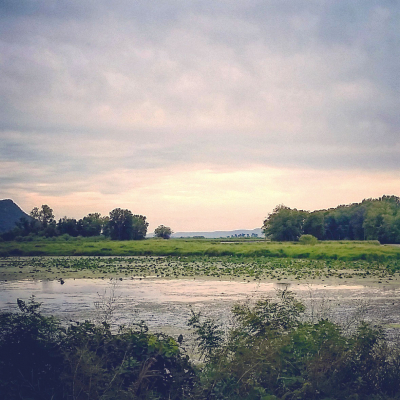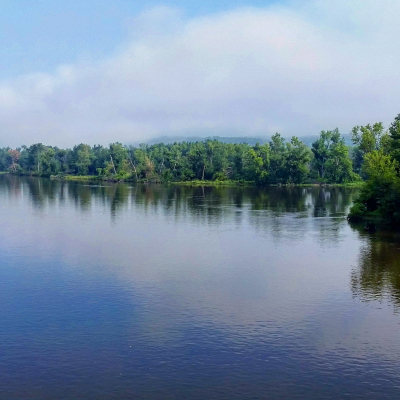The Upper Mississippi River Basin Association (UMRBA) hosted a “Multi-Benefit Conservation Practice Workshop” on October 3-4, 2023 in downtown St. Paul. 58 participants attended, representing a variety of organizations and sectors: government (local, state, federal), private, agricultural, industry, universities, and nonprofits.
The purpose of the October workshop was to explore leverage points of change that could increase implementation of multi-benefit conservation practices. A preceding UMRBA-hosted workshop, held in St. Louis in November 2022, explored how organizations can accelerate the implementation of multi-benefit conservation practices that address nutrient reduction in the Upper Mississippi River Basin.
UMRBA offers the following conclusions reflecting on the two-part workshop series on multi-benefit conservation practices:
- The acceleration of adopting multi-benefit conservation practices is important in the Upper Mississippi River basin to ensure farmland is healthy for continued production of crops and to protect and build resilience in those lands.
- UMRBA’s two-part workshop series focused on how to increase the adoption of multi-benefit conservation practices series. The two workshops drew a wide range of people working in agriculture-related areas from a variety of educational backgrounds and organizations/agencies. The cross collaboration of public and private sector groups and the structure of the workshops allowed for thoughtful and innovative idea sharing.
- The first workshop was designed to balance information sharing and breakout group discussions around three topic areas: research, communication, and financial. The conversations highlighted the importance of multiple disciplines and multiple layers of organizations and agencies being involved to reduce nutrient loading in the Upper Mississippi River basin.
- The systems map utilized in the second workshop helped workshop participants understand how to map and identify leverage points. The systems map can be applied to various levels of an organization’s or agency’s work. UMRBA encourages referencing the systems map linked here: https://umrba.org/sites/default/files/documents/workshop-systems-map.pdf.
- Many presenters in the second workshop emphasized the power of peer-to-peer communication, education, and leadership as leverage points for increasing multi-benefit conservation practice adoption by commodity and specialty crop producers. This was especially true for women, tribal, and BIPOC farmers. The power of peer-to-peer communications reinforces the insight that messages and messengers geared to specific and different audiences are keys to unlocking and leveraging positive change.
- UMRBA will continue to work on behalf of its five member states to increase the collaboration and sharing of resources supporting nutrient reduction strategies. The UMRBA will be organizing and coordinating the Upper Mississippi River Sub-basin Committee to the Hypoxia Task Force, and this committee will focus on interstate collaboration with respect to the basin states’ nutrient management strategies.
The workshop summaries and materials can be found via the following link: https://umrba.org/document/multi-benefit-workshops
The workshop series was funded through a cooperative agreement with the USEPA Office of Water.
UMRBA staff contact: Lauren Salvato (lsalvato@umrba.org)




